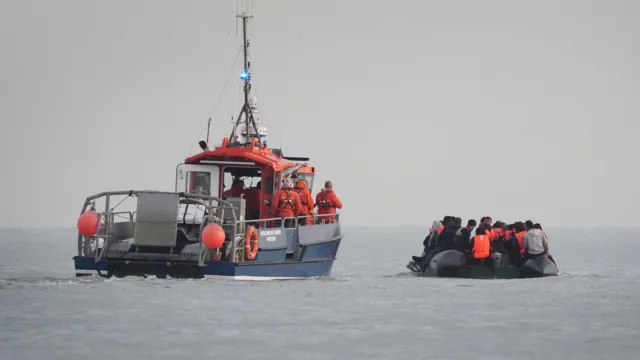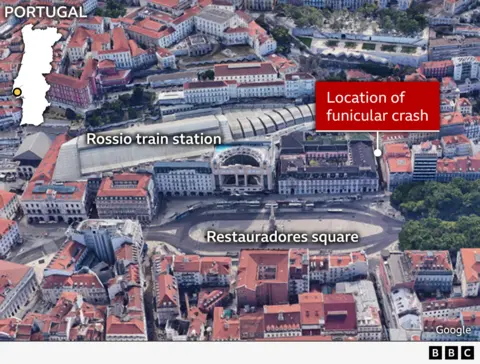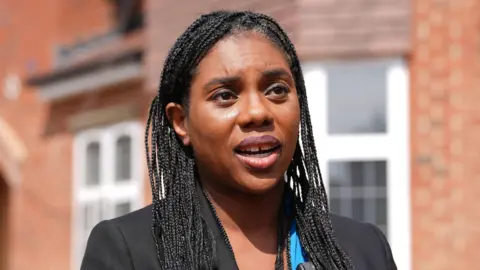Macron Pledges Joint Action with UK to Curb Small Boat Crossings Amidst State Visit
Macron Pledges Joint Action with UK to Curb Small Boat Crossings Amidst State Visit
French President Emmanuel Macron has affirmed a strong commitment to collaborate with the United Kingdom in a concerted effort to halt the dangerous crossings of small boats across the English Channel. This declaration comes as President Macron embarks on a significant three-day state visit to the UK, marking the first such visit by a French head of state since 2008. The visit aims to solidify bilateral relations and address pressing shared concerns, with a particular focus on immigration and border security.
The central theme of discussions between President Macron and UK Prime Minister Sir Keir Starmer is expected to revolve around enhanced border enforcement measures. Key proposals on the table include granting French police expanded authority to intercept vessels in shallower waters near the French coast and the implementation of a “one in, one out” migrant returns policy. This policy, if enacted, would represent a significant development in the ongoing efforts to manage irregular migration flows.

Addressing members of both the UK Parliament, President Macron emphasized the escalating cooperation between the two nations, stating, “we are stepping up” their joint initiatives. However, he also highlighted the critical need for European Union support to achieve a “lasting and effective solution.” Macron underscored the shared responsibility of France and the UK in managing irregular migration with a balanced approach of humanity, solidarity, and fairness. He acknowledged the legitimate desire for a better life elsewhere but stressed the imperative to prevent the exploitation of vulnerable individuals by criminal networks and to uphold national regulations.
The potential “one in, one out” returns deal is seen by the UK government as a cornerstone of a new agreement. This arrangement would permit Britain to repatriate migrants who arrive via small boats back to France, in exchange for accepting asylum seekers with established family ties in the UK. The underlying objective is to deter potential migrants by demonstrating the increased likelihood of swift return to France, thereby diminishing the perceived advantages of the perilous Channel crossing.
The successful implementation of such a returns policy would signify a major breakthrough, reflecting a tangible shift in French policy and a willingness to accept returns of migrants who have crossed the Channel. Optimism within the UK government, however, is tempered by the complexities of negotiation and potential opposition from other EU member states. Discussions are also underway with the European Commission to address concerns raised by several Mediterranean countries regarding the potential impact of such agreements.
Furthermore, the UK is pushing France to revise its operational protocols to enable border enforcement teams to intervene when boats are in shallow waters, a departure from previous practices that required intervention only when vessels were already at sea. Recent observations by the BBC indicated a potential shift, with French officers seen puncturing an inflatable boat shortly after its launch, hinting at evolving tactics.
The UK government has expressed confidence that these new measures will soon be operational. The spokesperson noted that “months of negotiations between Sir Keir and Macron are bearing fruit,” indicating progress in aligning the strategies of both nations. The government also highlighted its role in securing an agreement with France to review and adapt maritime tactics, allowing for intervention in shallow waters, acknowledging the operational and legal complexities involved.
While the Liberal Democrats have endorsed the ongoing dialogue, calling for increased ambition and a stronger UK role within Europol, the reality of small boat arrivals remains stark. Recent figures reveal a record-breaking first half of 2025, with nearly 20,000 individuals arriving in the UK via the Channel, a significant increase from the previous year. This surge underscores the persistent challenge and the need for sustained, effective cross-border cooperation.
The UK has previously committed substantial financial aid to France, exceeding £700 million since 2018, to bolster coastal patrols and surveillance capabilities. A significant portion of this funding, nearly £500 million over three years, was part of a 2023 agreement aimed at increasing French law enforcement presence to intercept Channel crossings. The current government maintains that this investment has led to enhanced operational capabilities on the French side.



Post Comment